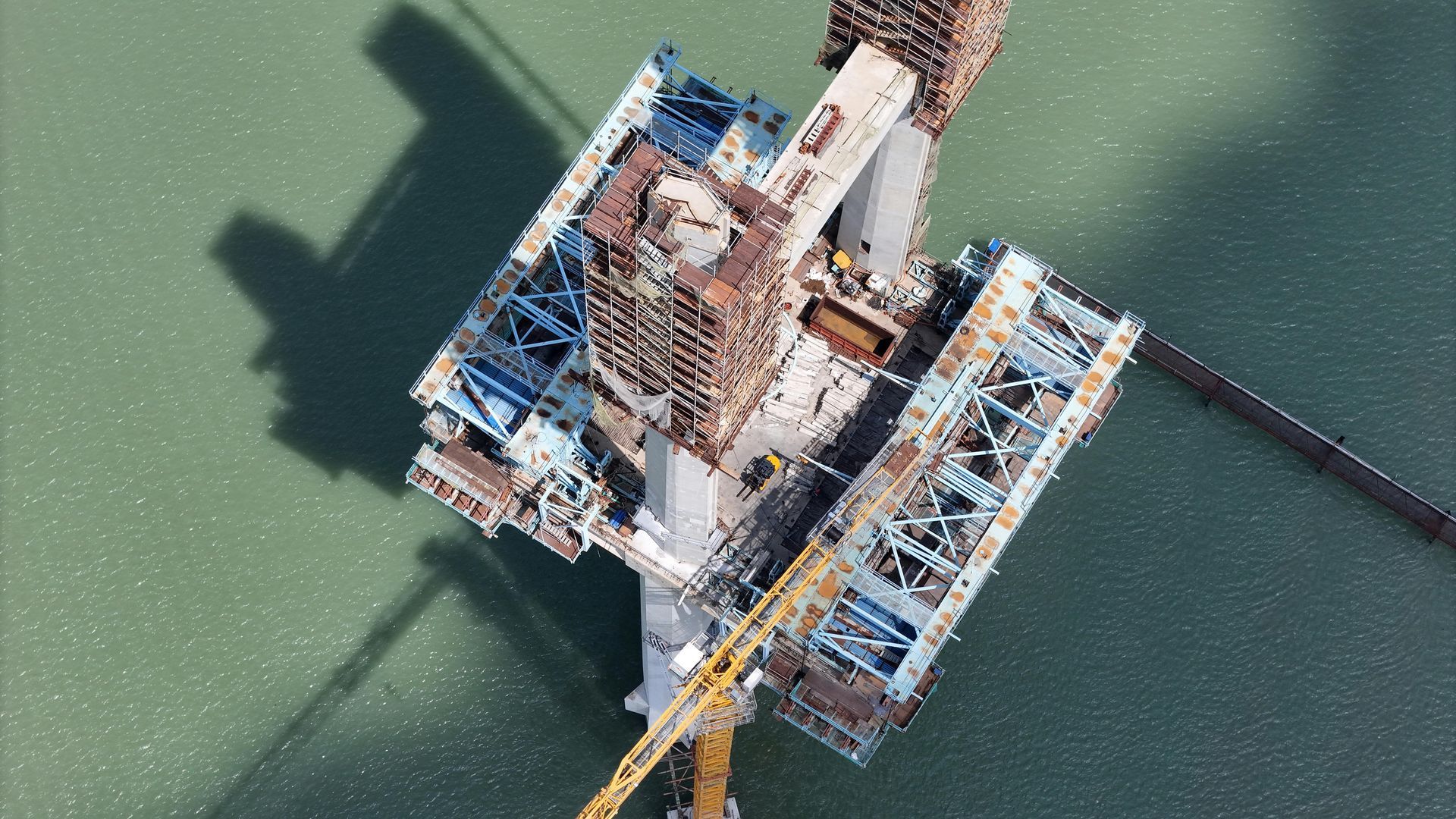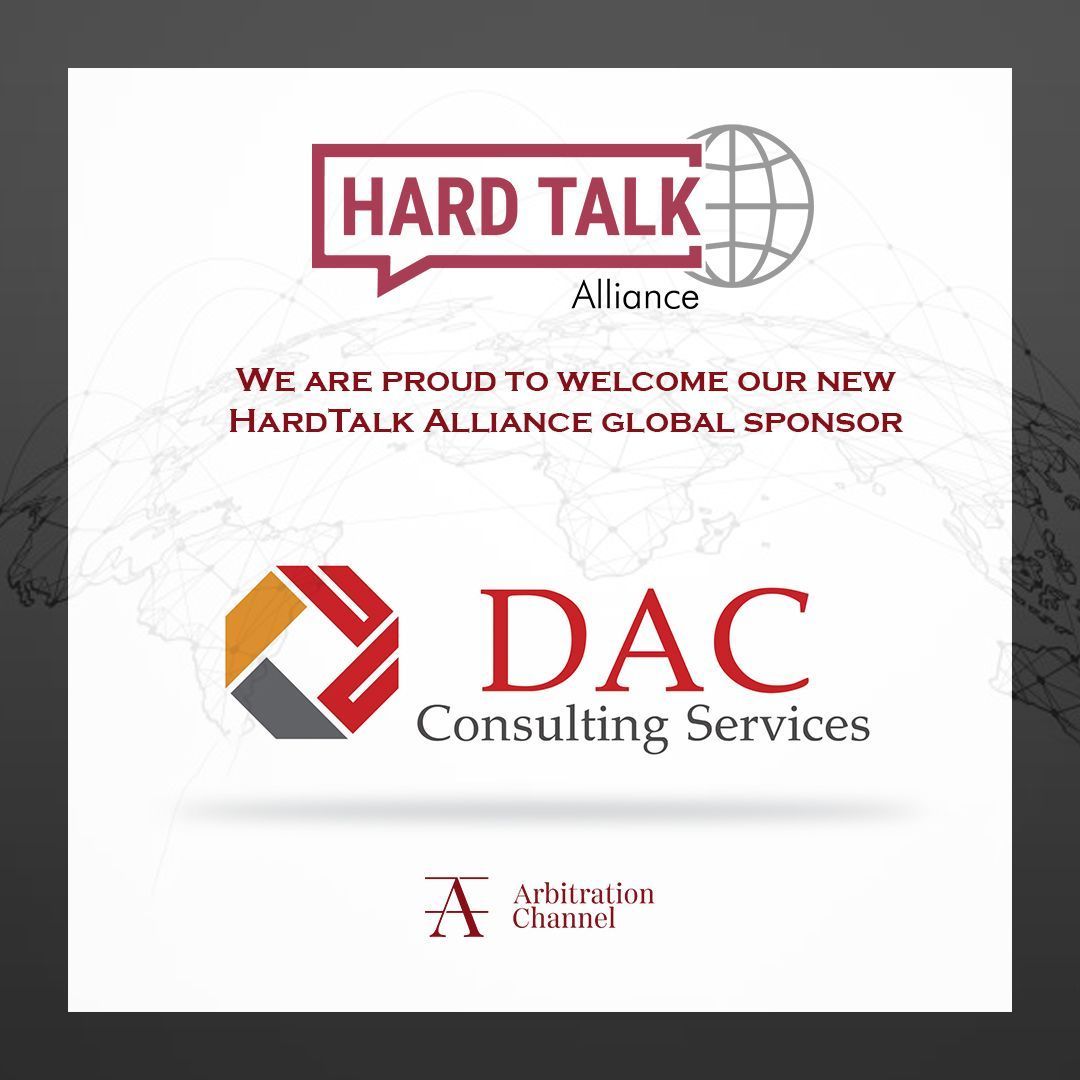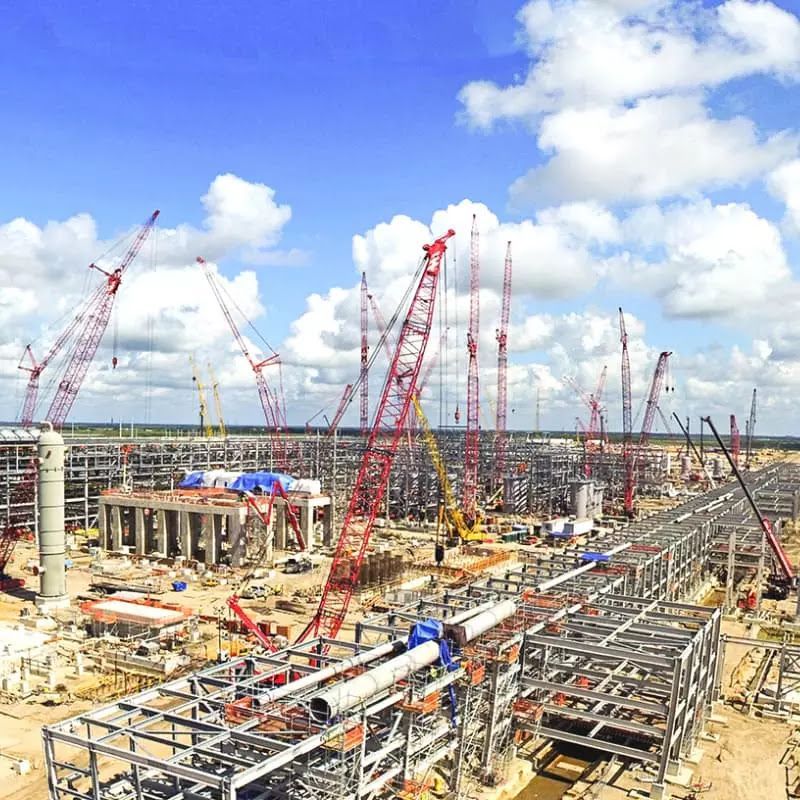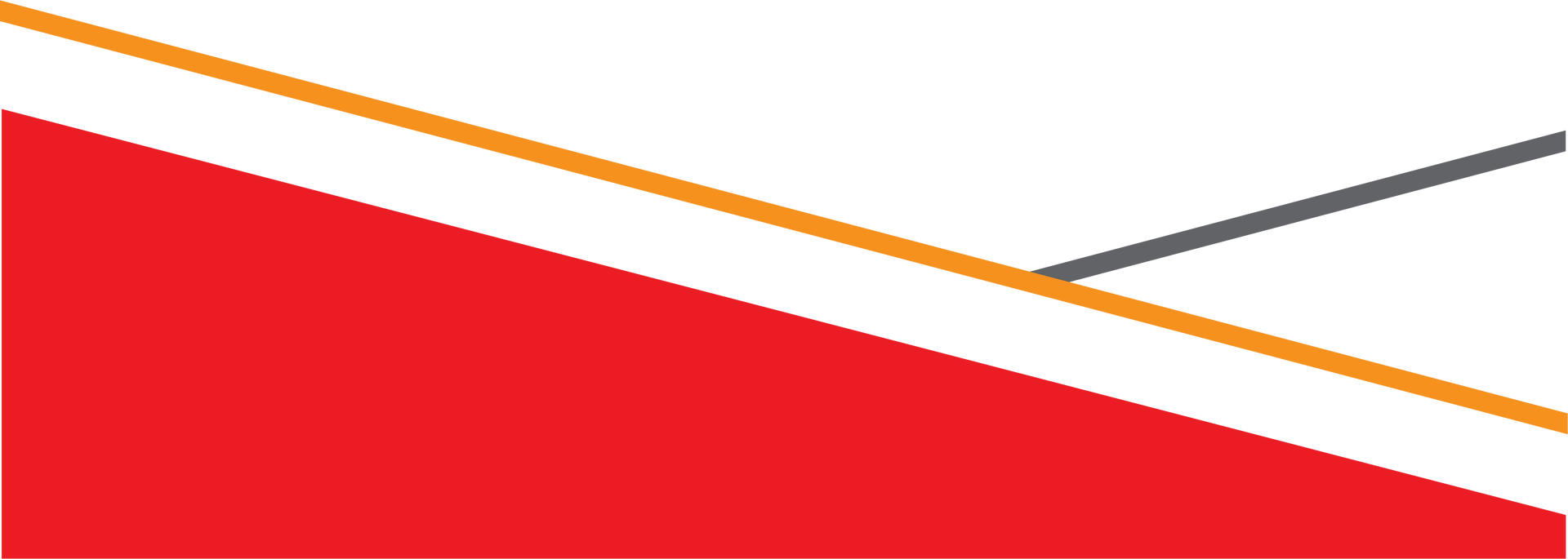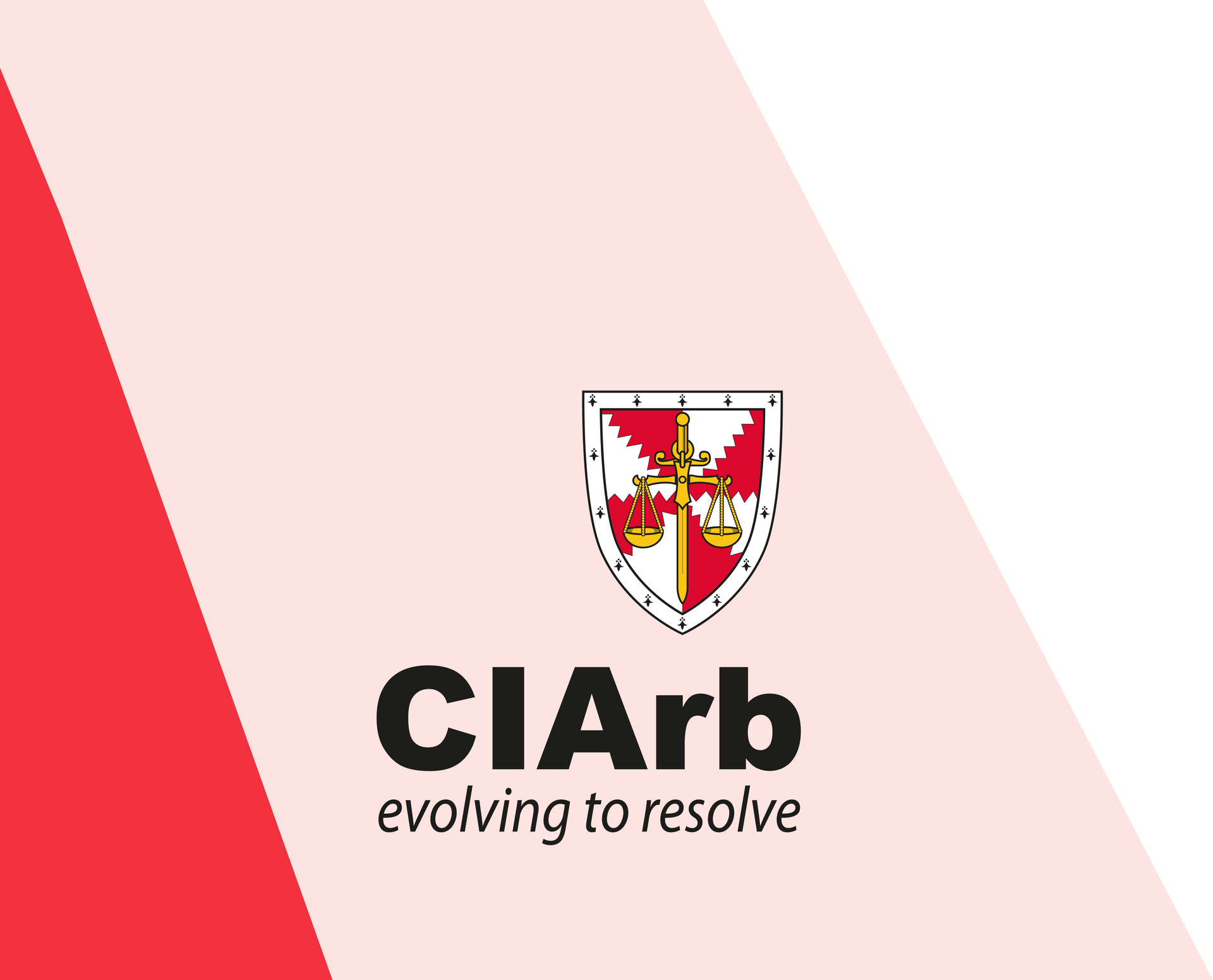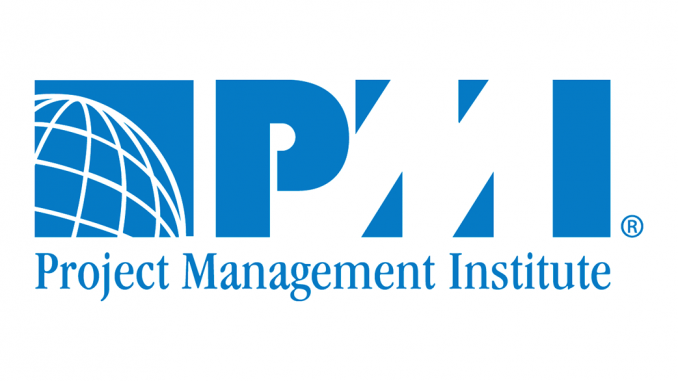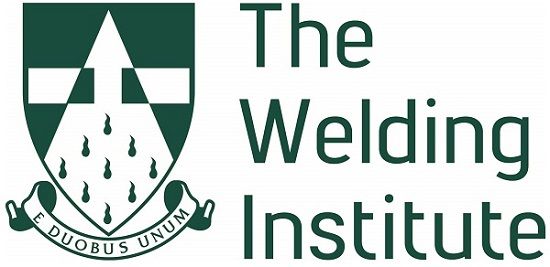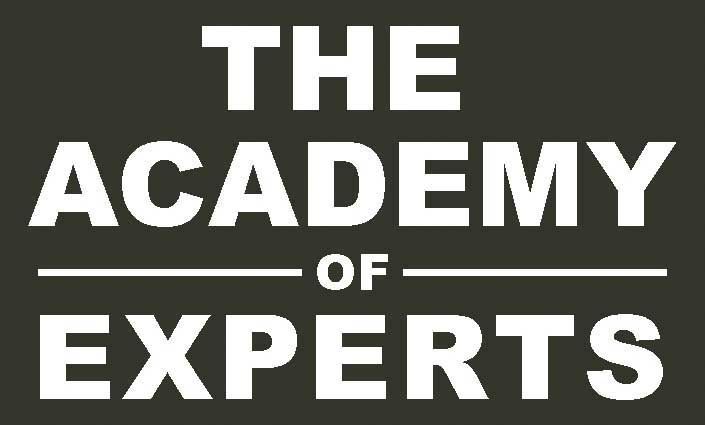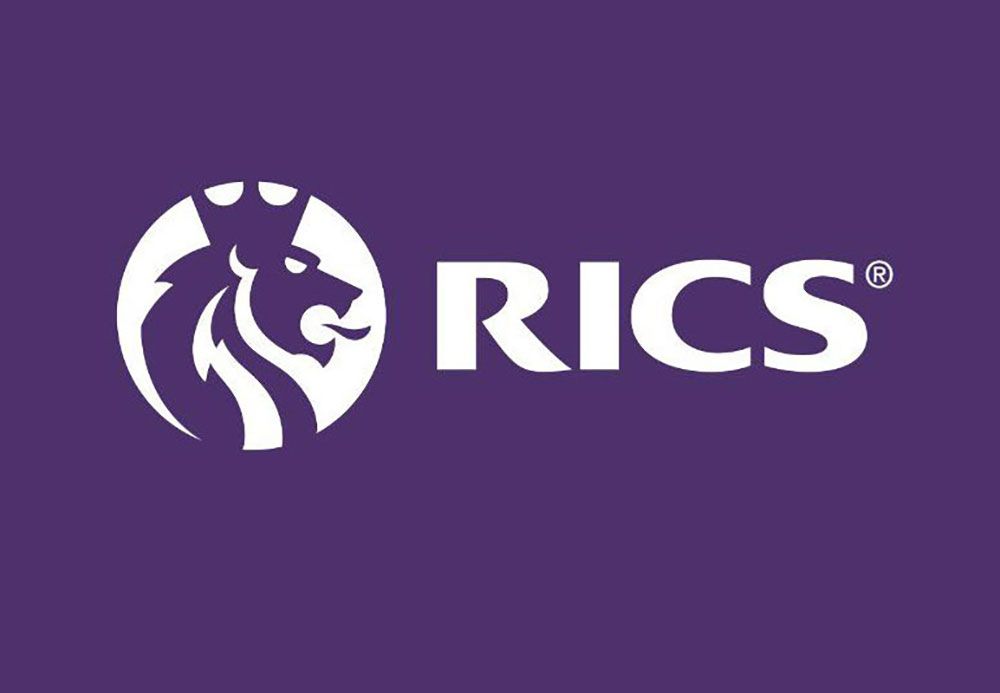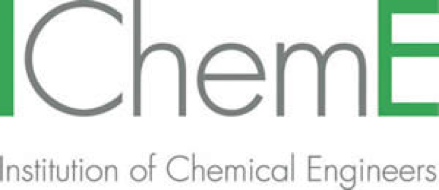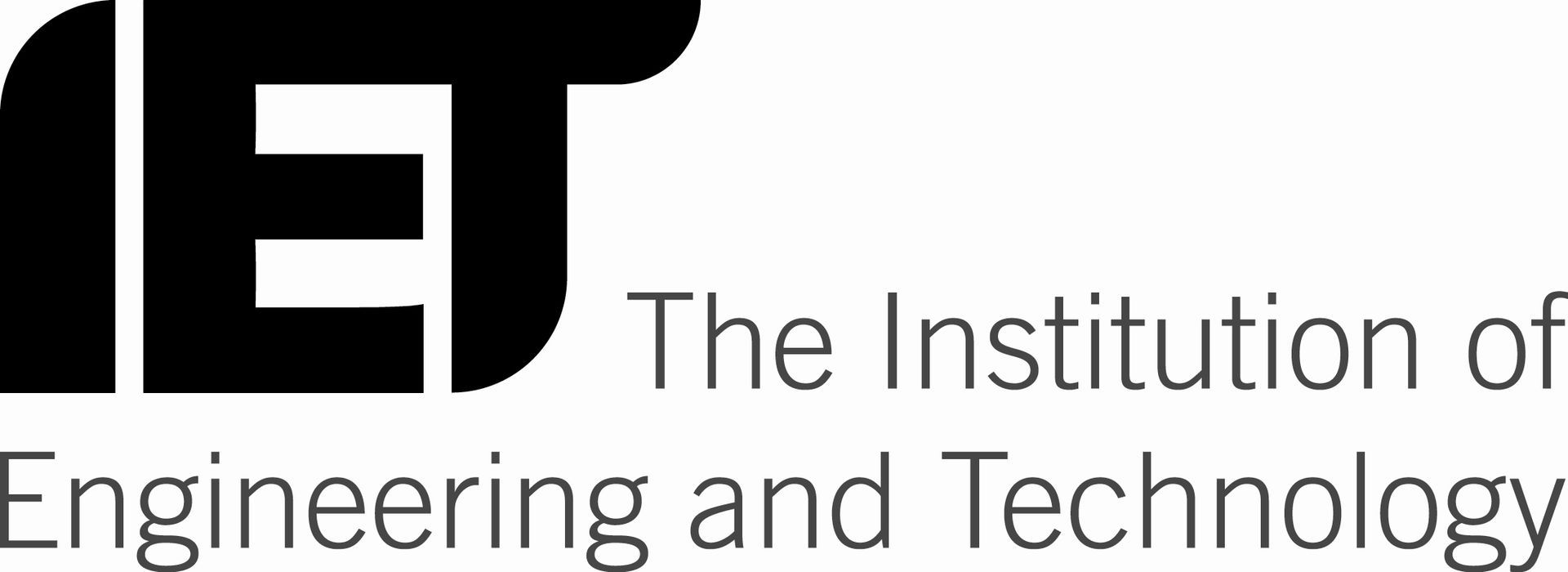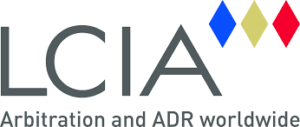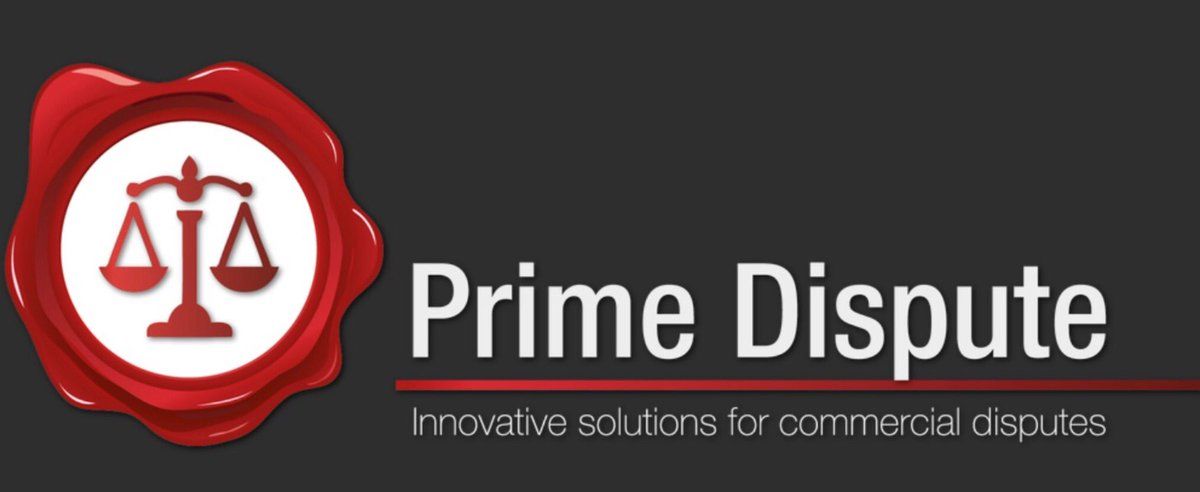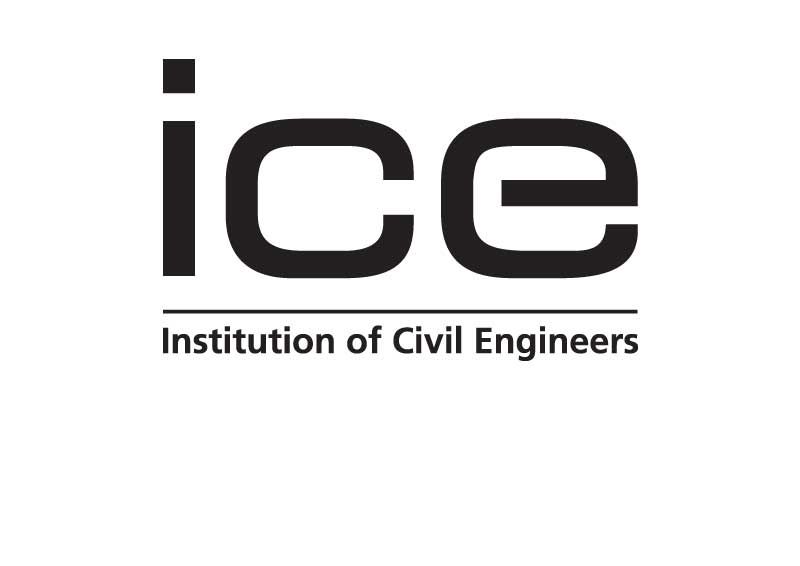8 August 2023
Today marks a significant milestone in the journey of DAC Consulting Services as we celebrate our 7th anniversary. From our humble beginnings in London to becoming a global leader in professional consultancy, these seven years have been a remarkable journey of growth, innovation, and unwavering commitment to our clients and their projects.
A Vision Takes Shape: Inception and Founding
It was seven years ago, on this very day, that a group of senior engineers, project managers, former CEOs, and entrepreneurs came together with a shared vision. This vision was to create a consultancy that could provide unparalleled support to
international markets in project development, dispute resolutions, and insurance claims for major and complex projects worldwide. With a combined pool of technical expertise and a passion for excellence, DAC Consulting Services was born.
Global Network and Impact
Over the years, our network has expanded far beyond our London headquarters. With a presence in the UK, LATAM, North America, Europe, Asia, and the Middle East, we have been able to effectively support complex investigations with the right
skills in the right locations. Our global footprint has not only enabled us to provide world-class engineering support but has also allowed us to be part of projects on every continent.
Evolving Expertise
From forensic engineering to root cause analysis, reinstatement assessment to technical expert witness services, DAC Consulting Services has evolved into a powerhouse of expertise. Our team's proficiency extends to delay and quantum
analysis, and we're proud to offer pre-arbitration/litigation advice through our dispute advisory services. We've been privileged to engage in some of the largest claims and disputes globally, standing as experts in a diverse range of projects, including
design, installation, operation, and maintenance of critical plant and equipment.
A Trusted Partner in (Re)Insurance Claims and Dispute Resolution
Our journey wouldn't be complete without acknowledging the trust placed in us by the (re)insurance and construction dispute resolution markets. We've provided Root Cause Analysis and scheduling support, seamlessly transitioning into expert witnesses when needed in High Court litigation and arbitrations. In the realm of dispute resolution, our unique blend of technical expertise, coupled with delay/disruption and quantum analysis, sets us apart. We've proven time and again that we can provide solutions that not many other boutique companies can offer.
A Glimpse into the Future
As we commemorate our 7th anniversary, we reflect on the remarkable progress we've made. But this is not the end of our journey; rather, it' a stepping stone to an even brighter future. We are committed to continuing our tradition of excellence, innovation, and client-centred service. Our goal remains unchanged: to proactively support projects, facilitate dispute resolutions, and aid in the settlement of insurance claims and construction disputes on a global scale.
Acknowledging Our Team and Clients
None of our achievements would have been possible without the dedication of our exceptional team. Our senior engineers, project managers, former CEOs, and entrepreneurs have brought their unique skills to the table, driving our success story.
Equally important are our clients, whose trust and partnership have propelled us forward. We thank you for believing in us and giving us the opportunity to contribute to your projects' success.
As we celebrate DAC Consulting Services' 7th anniversary today, we stand at the crossroads of the past and the future. These seven years have been a journey of growth, transformation, and excellence. We&'ve evolved from a vision into a global
force, impacting projects and industries around the world. The path ahead is promising, and we are excited to continue pushing boundaries, breaking barriers, and making a positive impact.
Here's to seven years of achievement, to our team's dedication, and to the trust our clients place in us. As we blow out the candles on our 7th-anniversary cake, we look forward to the challenges and opportunities that lie ahead, confident that our
expertise and passion will guide us toward even greater heights.









